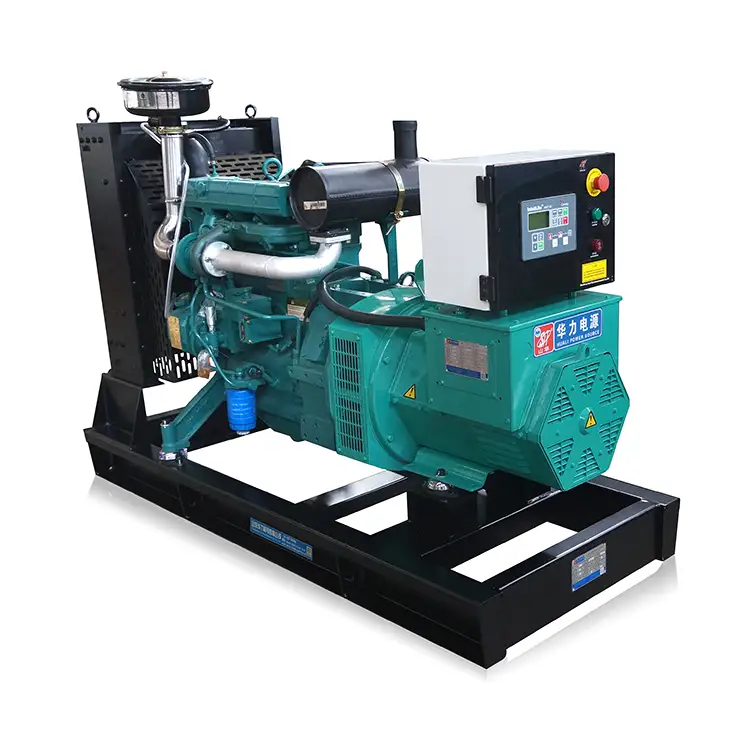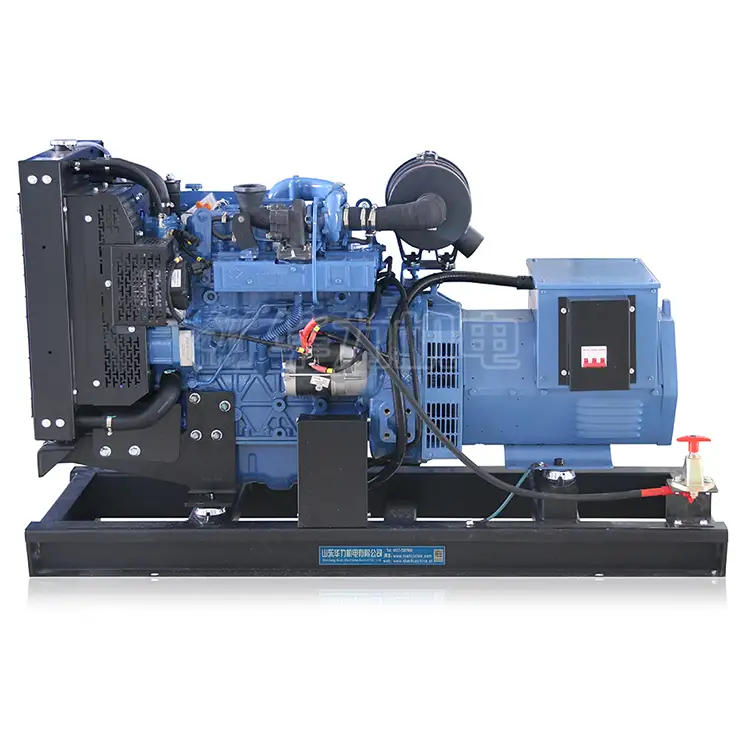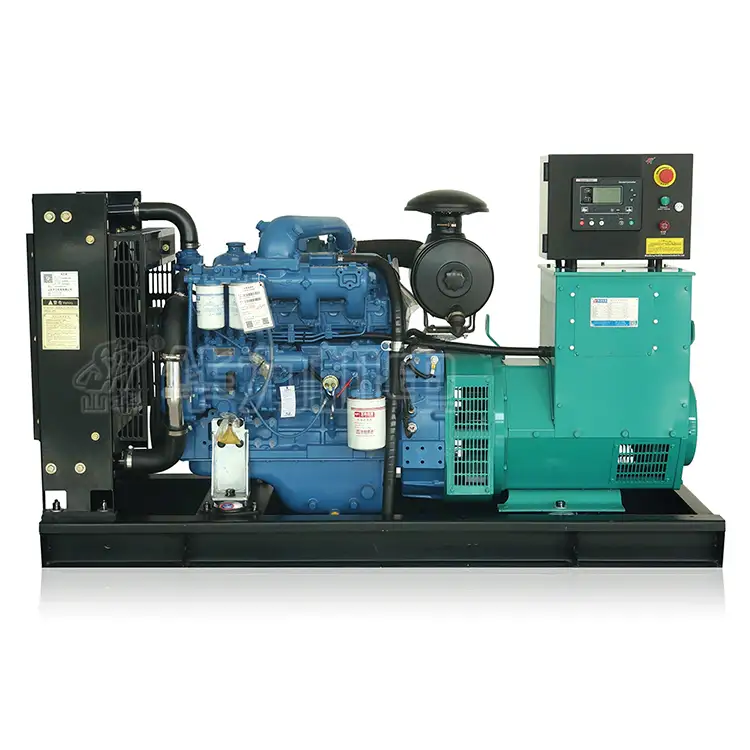Commercial & Industrial 0-100 kW Generators
Commercial & Industrial Generators (0-100 kW) for Reliable Power Solutions
Our 0-100 kW Commercial & Industrial Generators are designed to meet the diverse needs of small to medium-scale businesses and facilities. Ideal for backup power, emergency support, and continuous operation, these generators offer reliable performance for commercial buildings, agricultural operations, construction sites, and healthcare facilities. With a range of power options, these units provide versatile solutions for maintaining critical operations and ensuring productivity under any conditions.
Providing dependable and efficient power solutions specifically designed to meet the needs of commercial and industrial sectors.
Home » POWERRANGE » Commercial & Industrial 0-100 kW Generators
-
Commercial & Industrial 0-100 kW Generators | Reliable Power Solutions by Shanhua
Why Choose Our Generators
Shanhua provides a versatile selection of 0-100 kW generators designed specifically for commercial and industrial applications, featuring reliable and efficient models from renowned brands like Cummins, Perkins, MTU, Weichai, Yuchai, and Kofo. These generators are ideal for small to medium-sized businesses needing dependable backup power, continuous operation, or emergency support.
Engineered to deliver consistent performance, our generators support critical operations across diverse industries, from healthcare facilities and data centers to construction sites and agricultural projects. Each generator combines durability with optimal fuel efficiency, ensuring reliable power to keep operations running smoothly in any environment. Choose Shanhua for a power solution that meets your unique requirements and stands up to the demands of your business.
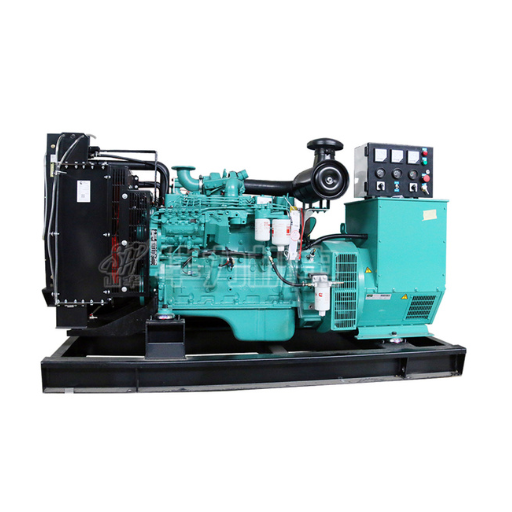
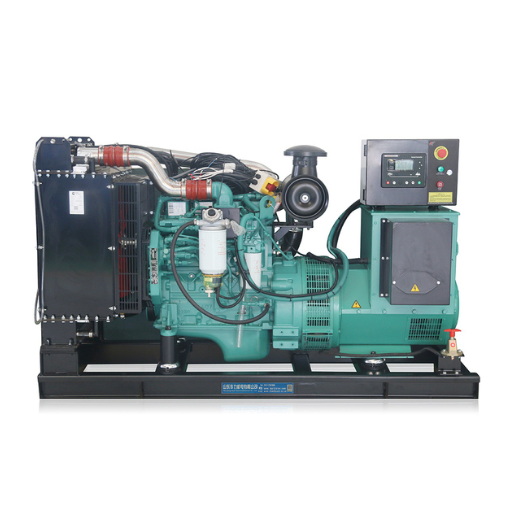
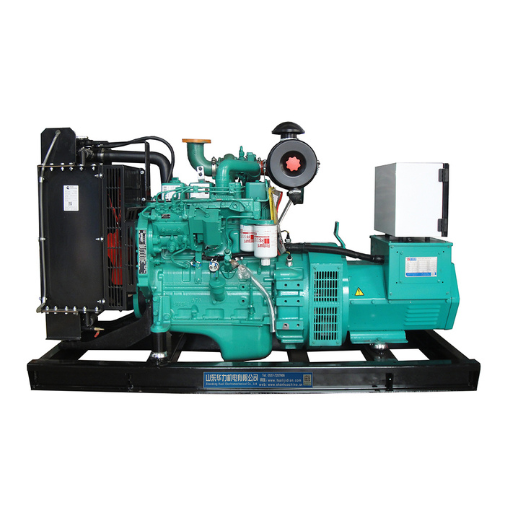
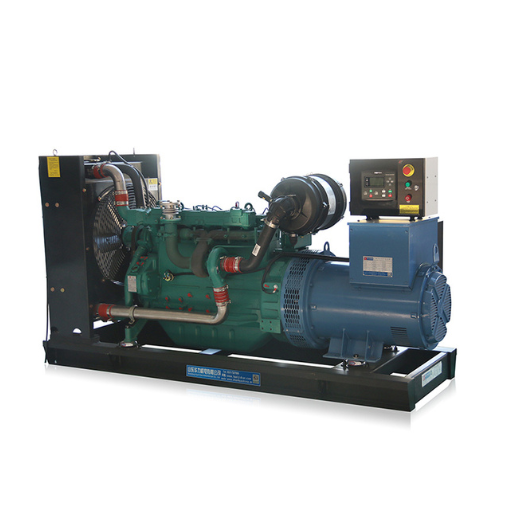
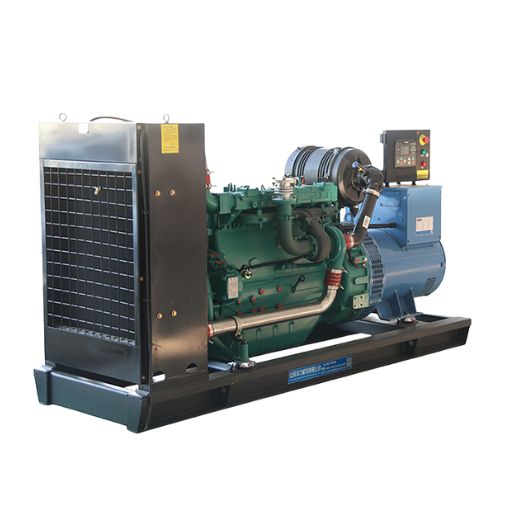
Browse our 0-100 kW Commercial Generators
Cummins 20KW HL20GF Generators
Cummins 24KW HL24GF/S Generators
Cummins 28KW HL28GF/S Generators
Cummins 36KW HL36GF/S Generators
Cummins 72KW HL72GF/S Generators
Cummins 84KW HL84GF/S Generators
Main Specifications and Features of 0-100 Kw Generator Sets
| Parameter | Description |
|---|---|
| Power Range | 10-100 kW, selectable based on requirements |
| Frequency | 50 Hz or 60 Hz |
| Output Voltage | Single-phase 120/240 V or three-phase 208/480 V |
| Fuel Type | Diesel, Natural Gas, or Liquid Propane (LP) |
| Cooling System | Water-cooled or air-cooled options available |
| Emissions Standards | EPA Tier 4 / EU Stage III compliant |
| Noise Level | Sound-attenuated models typically range from 65-85 dBA |
| Control Panel | Digital controller with auto-start, shutdown, and overload protection |
| Dimensions & Weight | Compact and portable depending on model specifications |
| Common Brands | Cummins, Generac, Perkins, Iveco |
0-100 kW Generators: High-Performance Power Solutions for Commercial & Industrial Needs
Generators are devices that can be installed in automobiles, homes, or production plants to serve as an alternate power source in case the grid power runs out or is unavailable. They range from tiny portable generators that can power a couple of appliances to huge industrial generators that can power whole buildings or even plants.
#ShanHua #Generators #Agriculture#0-100KW
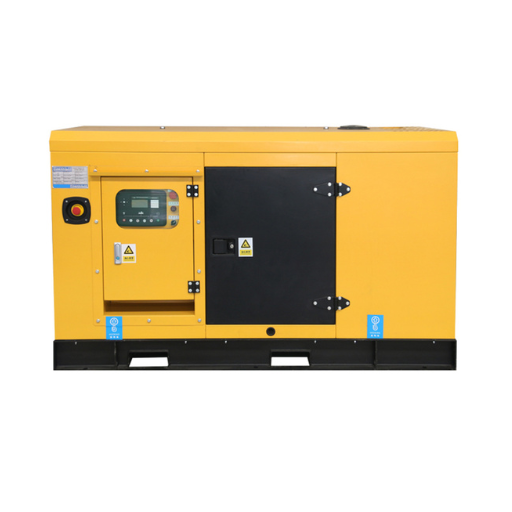
-
how to choose generator
- Determine Your Power Needs: Consider how much power in watts is required for the equipment and systems you wish to power. Consider starting (surge) and running (continuous) wattages, as starting is often very high. This may be important for larger facilities or critical applications with a higher kW range.
- Select the Type of Generator: Generators are typically segregated into standby, prime, or portable types. Standby generators are best suited for emergency backup in business premises, whereas prime generators are used in remote locations with no reliable electricity source. Smaller, temporary applications offer portable types.
- Choose the Fuel Type: The common fuels for generators are diesel, natural gas, propane, and gasoline. Diesel is most often used in industrial settings because it offers greater longevity and efficiency. However, natural gas generators are more economical and space-saving in many cities.
- Consider the Installation Environment: Examine the size of the installation area, its ventilation, and its noise tolerance level. Ventilation is necessary for indoor generators, but outdoor units may have enclosures for weather protection and sound suppression. Models with sound attenuation are suited to designing areas in cities where noise is restricted.
- Adhere to the Applicable Emission Control Standards: Given their role in generating pollution, communities may require generators to meet certain requirements, such as EPA Tier four or EU Stage III compliance. This relates mostly to companies operating in regulated markets or urban areas.
These steps will prove instrumental in streamlining the market choices, enabling you to buy a generator that will satisfactorily meet both your power and operational needs quickly.
Standby Generator Sets For Commercial
Moreover, one of the vital types of equipment in commercial or industrial applications is the standby generator set, also referred to as the emergency generator or the auxiliary power supply. Such generators are intended to deliver dependable and efficient auxiliary power during main power standby conditions. In today’s world, companies are under constant pressure and as such, they are expected to work around the clock; there is no time to experience interruptions in power supply. This can lead to hefty financial losses and even disruption of important activities. That is where standby generator sets come in as they ensure accessibility to constant and uninterrupted power supply no matter the circumstances.
Generators for Agriculture: Powering Your Farm Efficiently
Generators are vital in today’s world of agriculture where efficiency and dependability are very important due to the emergence of generators as the advancement in agricultural matters is escalating. As vertical expansion of the farms occurs, it is important to be able to count on reliable electricity.Agricultural generators can be used for many purposes including irrigation systems, climate control for livestock barns, etc. and therefore understanding their advantages is very important as they make your farm more efficient and resilient.

Latest Blog Posts

Whole House Generator Cost Installed: Understanding Generator Installation Costs

Home Standby Generator Installation: A Complete Guide to Whole Home Generator Systems

How Much Does It Cost to Install a Generac 22 kW Generator?

Cummins vs Generac: Choosing the Right Generator for Your Needs

Generator Servicing and Maintenance: Ensuring Optimal Performance

Cost to Install Generac Generator: Understanding Generator Installation Costs

Home Generator Installation Cost: Understanding Your Generator Options and Expenses

Inverter Generator vs Regular: A Comprehensive Guide

Fuel-Efficient Generators: The Ultimate Guide to Inverter Generators

Recoil Start vs Electric Start Generator: Which Is Worth Buying?
Related Topics About Shanhua Generator Services
Frequently Asked Questions
Are you eager to explore the applications and benefits of Commercial & Industrial 0-100 kW generators?
Q: What are the fuel options for 0-100 kW generators in general?
A: These generators may be obtained in diesel, natural gas, or propane units. Fuel utilization might be determined by availability, environmental factors, and the particular application of the generator.
Q: What uses are more favorable to 0-100 kW generators?
A: 0-100 kW generators are appropriate for use in smaller industrial establishments, construction activities, healthcare institutions, and retail facilities and as an emergency backup for mission-critical equipment. They are all-purpose and can run everything from single-machine applications to critical systems.
Q: Can 0-100 kW generators only serve as standby power, or can they also serve as a continuous power source?
A: Many models offer standby and prime power applications. Standby units are backup supplies used when the normal source of power is interrupted, while prime power units are meant for normal use and can be connected permanently to dedicated loads, particularly in remote areas.
Q: What are the main differences between commercial and industrial generators in this range?
A:Commercial generators are definitely designed for short-term and periodic uses, while industrial models are more heavily constructed to sustain longer run times and heavy loads.
Q: How large of an area does a 0-100 kW generator occupy?
A: The lack of country-specific regulations for small generators and the degree of standardisation affect the size and proportion in accordance with structural types. Open units require ventilation space, while enclosed, sound-attenuated models may take up slightly more room.
Q: What is the Routine Maintenance for 0-100 kW generators?
A: Routine maintenance includes checking fuel levels, oil and filters changes, connections testing, and other activities such as periodic tests of the generators. During this usage of the generators, maintenance is recommended, depending on running hours and conditions of operation.
Q: Are these generators applicable in terms of environmental and EC and NOx emissions?
A: Most of the 0-100 kW generators conform to standards such as EPA Tier 4 or stage III of the EU. Diesel models are also designed to reduce pollution levels when constructed so that they can be used in controlled areas of cities.
Q: How Long Can a 0-100 kW generator work on a single fuel filling?
A: The runtime relies primarily on the load and the amount of diesel fuel in the tank. For example, the diesel generator will run between 8 hours and 12 hours on a full tank, with a load of about 50%. Some models give unlimited run time when fitted with more giant fuel tanks or connecting them to an external fuel supply.
Q: What noise levels can be experienced from generator sets with a 0-100 kW rating?
A: The general noise levels are quite different, but they will usually be 65-85 decibels at 7 meters. However, covers and acoustic barriers can greatly reduce the noise levels, so these generators can be used in noise-limiting areas.
Q: Where should I start when picking a 0-100 kW generator suitable for my needs?
A: Consider the power requirements, fuel availability, emissions restrictions, affixed noise level, and the number of hours the generator will be used for. An expert or a generator dealer can help customize the generator selection to one’s requirements.

